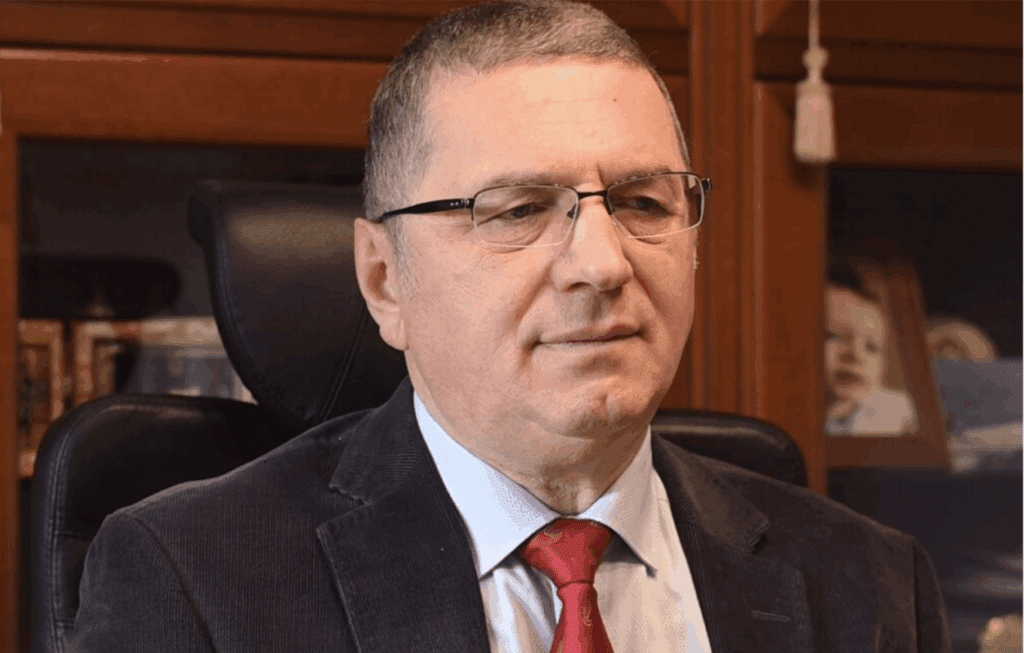Albania’s Special Prosecution Office Against Corruption (SPAK) has indicted Deputy Prime Minister Belinda Balluku on charges of abuse of office and corruption related to the Llogara Tunnel project. This indictment highlights a significant issue of systemic corruption within the government, as many current and former officials face investigations or have been convicted for similar offenses.
The situation raises serious concerns about governance and accountability, revealing the influence of business lobbies and organized crime in the country’s political landscape. Most corruption cases, which are often classified under the same legal definitions, focus on violations of equality in public tenders, but they represent a broader web of illicit activities. While historically prosecution has faced challenges, recent trends show the Special Court Against Corruption urging more comprehensive investigations.
The Llogara Tunnel case exemplifies how high-ranking officials engage in corrupt practices detrimental to fair market competition and efficient public resources management. It is imperative for SPAK to follow through with the prosecution to uphold institutional integrity. However, the government tends to avoid accountability regarding these scandals, allowing political loyalists to infiltrate public administration, which hinders progress.
Despite reports indicating Albania’s advancement toward EU membership, citizens demand transparency from the government and a commitment to restoring legality and accountability in public service. There is a growing public concern over the slow pace of investigations and the inability to trace stolen funds in public-private partnerships. The call for reform is clear, but expectations of the justice system remain high as the public seeks effective resolution to corruption issues.



